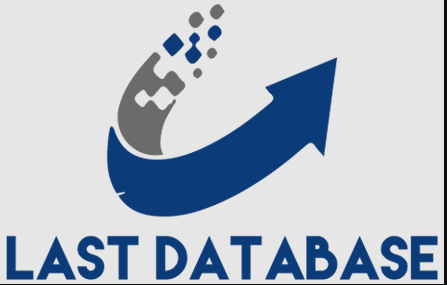In the modern age of digital marketing, businesses are always on the lookout for effective and efficient communication channels to reach their target audience. WhatsApp, with its massive user base and global reach, has emerged as a popular platform for marketing and customer engagement. However, many marketers wonder whether WhatsApp numbers are traceable, and what implications this may have for their marketing strategies. In this blog post, we will delve into the topic of WhatsApp number traceability in the context of marketing.
Understanding WhatsApp Number Traceability
WhatsApp numbers, like any other Cambodia WhatsApp Number List form of communication, leave digital footprints that can potentially be traced back to their source. WhatsApp itself has access to this information, as it requires users to verify their phone numbers during the registration process. Additionally, WhatsApp retains metadata associated with messages, such as timestamps, sender, and recipient details, for a certain period.
However, when we talk about traceability in the context of marketing, it’s important to distinguish between two scenarios:
- WhatsApp’s Traceability: WhatsApp is designed with end-to-end encryption, which means the content of messages is encrypted and can only be deciphered by the sender and recipient. While WhatsApp may store metadata for a limited time, the actual message content remains private. This level of security ensures user privacy and protection from unauthorized access.
- Third-party Traceability: Third-party entities, such as marketing agencies or cyber attackers, might attempt to trace WhatsApp numbers outside the platform’s official channels. This could involve techniques like phishing, social engineering, or exploiting vulnerabilities in devices or applications. Such practices are illegal and unethical.
Implications for Marketing Strategies
The traceability of WhatsApp numbers has significant implications for marketing strategies:
- User Privacy and Trust: WhatsApp BTOC Database users place a high value on their privacy and the security of their personal information. Businesses that use WhatsApp for marketing must respect these concerns to maintain trust and credibility with their audience. Being transparent about data usage and adopting privacy-friendly practices can help in this regard.
- Legal Compliance: In many regions, there are laws and regulations governing data protection and privacy. Marketers using WhatsApp or any other communication channel must comply with these regulations to avoid legal issues and potential fines.
- Avoiding Spam and Abuse: WhatsApp has strict anti-spam policies to prevent the platform from being misused for unsolicited marketing messages. Violating these policies can lead to account suspension or even permanent bans. Marketers should focus on building genuine, opt-in communication with their audience.
- Encryption for Security: End-to-end encryption on WhatsApp ensures that messages are secure during transmission. Marketers should not compromise on security while conducting conversations with customers.
- Tracking Marketing Performance: While the content of WhatsApp messages remains encrypted, businesses can still track the effectiveness of their marketing campaigns through other means. For example, using unique referral links or promo codes shared through WhatsApp can help measure conversions and engagement.
In conclusion, WhatsApp numbers are indeed traceable within the platform’s official framework, but the content of messages remains encrypted and secure. To be successful in marketing through WhatsApp, businesses should prioritize user privacy, abide by legal regulations, and focus on building genuine connections with their audience. By doing so, they can harness the potential of WhatsApp as a powerful marketing tool while maintaining trust and credibility with their customers.







